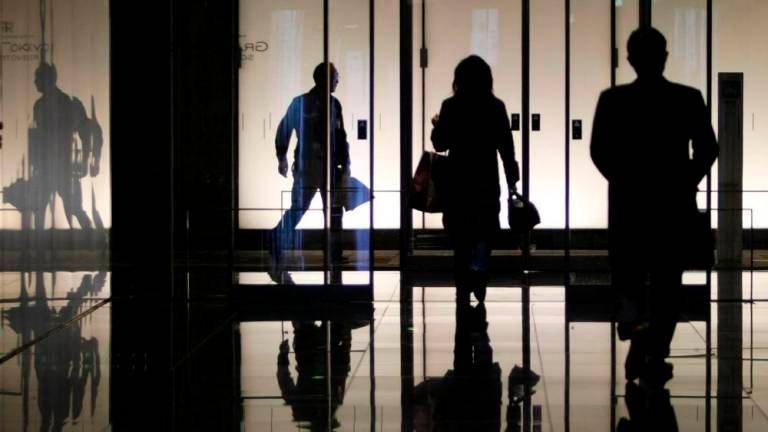PETALING JAYA: The human mind has a great capacity to get used to bad news.
This has never been more evident than in the current Covid-19 situation. Daily news of increasing infections and the rising death toll has so saturated social and mainstream media that the shock factor has diminished.
Experts say this phenomenon, known as “desensitisation”, is a coping mechanism. But it can also reduce the inclination to observe safety rules.
According to the experts, this is a common human response to disaster.
“As we become more and more accustomed to the effects of a disaster, we notice it less and less,” said The Mind Psychological Services and Training clinical psychologist Dr Joel Low.
He cited an example of eating chips or using perfume.
“The first bite is the best, but when you get to the 10th bite, it’s just salty and crunchy. Similarly, the first whiff of a perfume is heavenly. But after a while, you don’t notice it anymore.”
He said on a day-to-day basis, it would mean that if a person faces the same issue every day, it eventually loses its impact on him. This can be anything from traffic congestion to background noise.
Low believes Malaysians are becoming desensitised to Covid-19.
“It’s not anyone’s machination or fault. It’s just part and parcel of how our mind adapts to new situations. We have reached a point where Covid-19 is now just numbers or statistics.”
However, there is an unwanted, even dangerous impact. Low said the lowered sensitivity to the seriousness of the situation has led to higher levels of non-compliance with the standard operating procedures (SOP).
“People either slip or choose to ignore precautionary measures.”
Low said some of the obvious signs of this coping mechanism are forgetting to practise social distancing while out in a public area, failing to wash up upon returning home and not being concerned about the daily increases in the number of infections and fatalities.
“Ultimately, we stop recognising the effects of Covid-19 on our lives and livelihood,” he added.
Counselling psychologist Dr Gerard Louis said desensitisation could just mean that people are getting tired of being exposed to Covid-19.
“To put it in a more psychological perspective, they have become ‘habituated’,” said Louis, who is dean of the Faculty of Behavioural Sciences, Education and Language at HELP University.
He said when a person becomes “comfortable” living in a particular environment, he may not feel like he needs to be at his best behaviour.
“In the Covid-19 environment, people become less cautious until someone they know is infected. Then, they are reminded of the dangers and they start taking extra care once more,” he said.
Louis attributed the non-compliance to the SOP to pandemic fatigue.
“It occurs when people get tired of the measures and become less likely to observe public health practices or they simply drown out those messages,” he explained.
“Burnout happens when we are stuck with these public health measures for a prolonged period.”
He said people are taking increasingly higher risks because they have to do whatever it takes to carry on living.
“For instance, those who cannot afford to close their small-time businesses because they depend on the day-to-day income will have to take the risk and open to help them survive.”
Louis pointed out that there is a limit to how much people can endure being kept in enclosed spaces.
“There will come a time when they reach the end of their ability to cope,” he said.
“People start to look for normalcy. For them, the mentality is ‘if I don’t die of Covid-19, I may die of starvation’. Basic human needs drive people to act beyond certain restrictions.”














